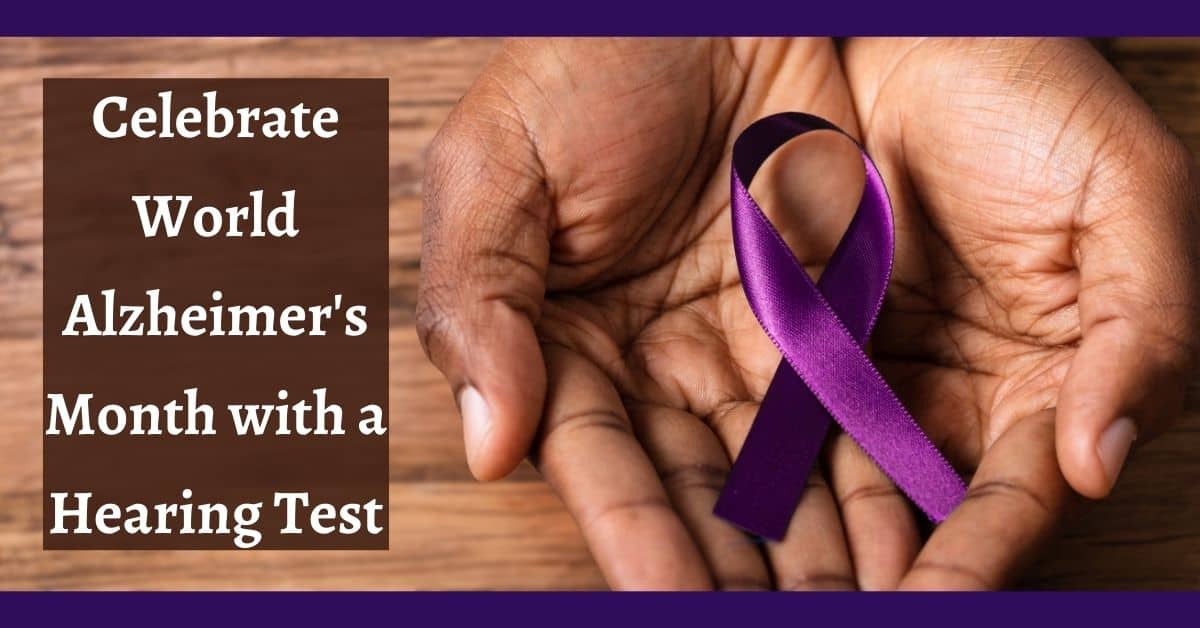
Scientists have identified many factors that can influence one’s chances of developing dementia, including Alzheimer’s disease (a common form of dementia). Perhaps not surprisingly, those secondary risk factors are all linked to a person’s body’s overall general health.
Fortunately, by maintaining a few habits in your life, you could reduce the risk of Alzheimer’s disease in the future. Let’s take a look at what you can do to reduce your risk of dementia.
Keep physically fit.
People who exercise regularly are at lower risk of experiencing Alzheimer’s disease. This is because regular exercise increases the brain’s blood flow rate and maintains critical neural connections between the mind and body.
That doesn’t mean you need to run a daily marathon, however. If exercise isn’t a part of your daily routine already, you may want to start small. You can always build up to a more strenuous workout, of course, but a pleasant 20-minute walk is a great place to start.
Keep your brain active.
Take up crossword puzzles or a word or number game of some other kind. You are already working out your body; think of this new habit as a regular brain workout. “Use it or lose it” is another way to put it.
If you don’t stimulate your brain by challenging it with new and exciting problems, the mind becomes passive and dull. Keep that mind sharp by stretching it every day.
Stay socially active while remaining physically distant.
Even during a worldwide pandemic, we all need to communicate with others. Connections foster our well-being and keep our mental health in check. People who participate in regular social interaction have a lower risk of Alzheimer’s disease.
The good news is social distancing doesn’t mean being alone. Here are some tips for staying socially active while staying physically apart:
Leverage social media: Social media isn’t just about likes and emoticons. There are usually features for video conferencing, which allows you to interact face-to-face with your friends and family members near and far.
Play your favorite games: Whether on your phone or computer, there are plenty of websites and apps that allow you to play your favorite board and card games solo or with friends. This is a great way to keep that weekly game of chess going while staying safe.
Join an online group: This is a fantastic way to interact and meet people worldwide who have common interests. Whatever you’re passionate about, you can be sure there is a Facebook group dedicated to it!
Practice mindfulness
Stress has long been linked to the onset of Alzheimer’s disease, while calming mindfulness or meditation practice has been shown to reduce or slow down the disease’s advance.
If sitting quietly with your eyes closed for 10 minutes a day is too extreme, consider taking a guided meditation on the internet. If you’d like an even more subtle approach, incorporate a walking meditation into your daily walk. This can be as simple as matching your breath to your steps or noticing the sounds around you as you’re walking.
Get your hearing tested regularly.
Hearing is achieved through a partnership between your ears and your brain. As sound vibrations hit the inner ear, they travel up the auditory nerve and into the brain for processing. The brain then understands the sound signals as belonging to a particular sound. If this system isn’t used, it tends to wither.
For this reason, hearing loss has been linked to Alzheimer’s disease in recent years, so keeping on top of your hearing should be a priority.
Get a professionally fitted pair of hearing aids.
Are you aware that wearing hearing aids could prevent cognitive decline? Hearing aids will help if you are looking to reduce your risk of dementia. Furthermore, hearing aids lower your risk for depression and allow you to focus more deeply when conversing with other people. A hearing aid can also manage your tinnitus and help you hear better in noisy environments. All things combined, hearing aids can help go a long way towards supporting your cognitive abilities.
